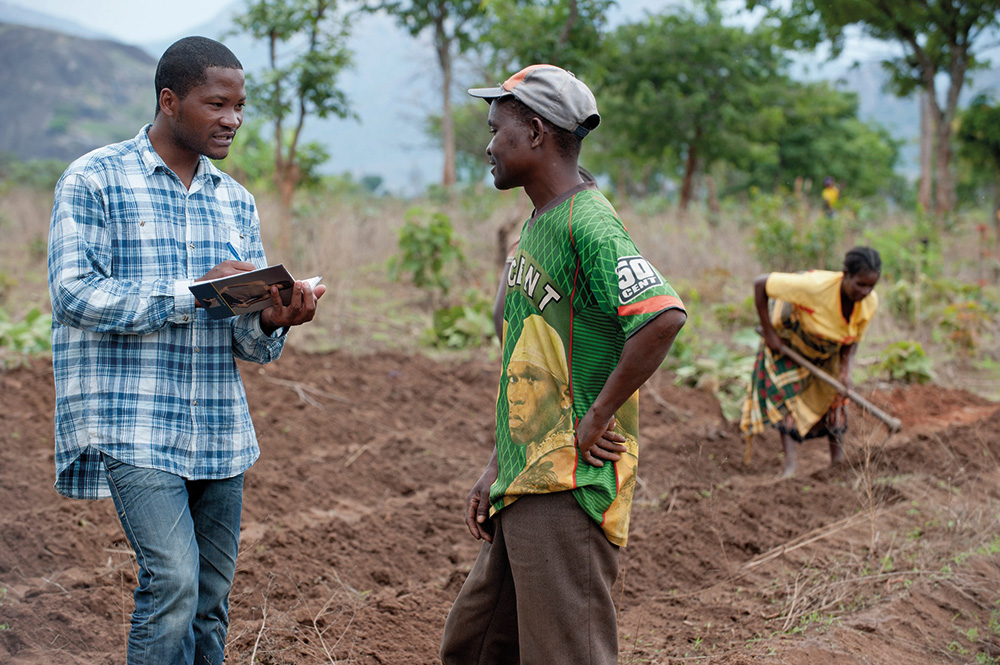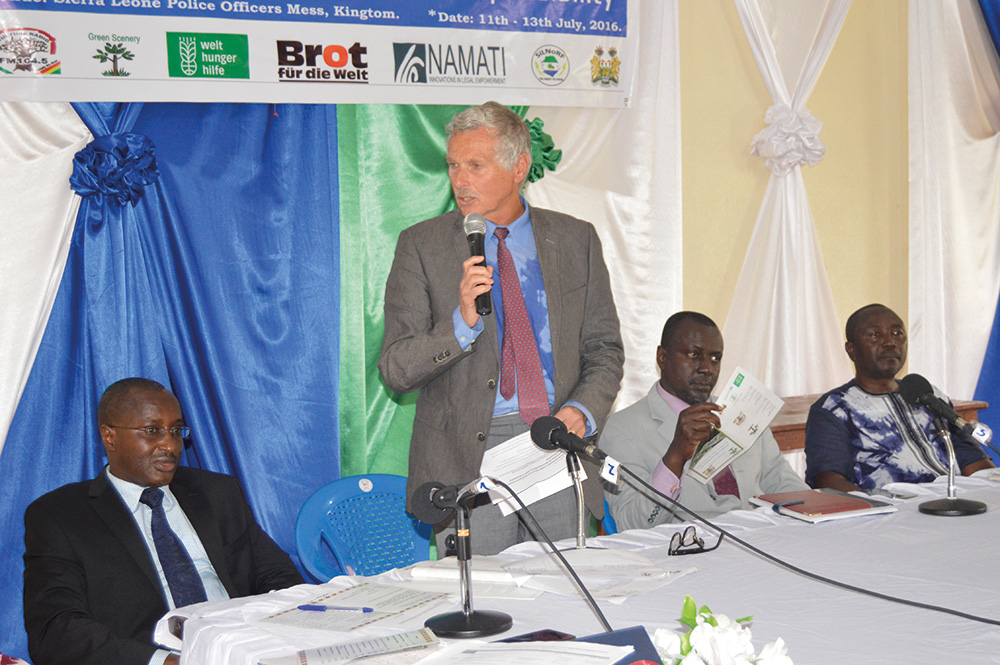DLG-Verlag was founded in 1952 as a subsidiary of DLG e.V. (Deutsche Landwirtschafts-Gesellschaft - German Agricultural Society) with its headquarter in Frankfurt/ Germany. The publishing company provides expertise for the agricultural and food sector.
With its subsidiaries Max-Eyth-Verlag and DLG-Agrofood Medien GmbH the DLG-Verlag offers books and magazines, as well as catalogs of the DLG's international DLG exhibitions.
Members:
Resources
Displaying 46 - 50 of 316Pastoralism and conflict – two sides of a coin?
Pastoralism – the predominant form of livestock keeping in the Horn of Africa – has always been a source of disputes and tensions in the region. So it is maybe no coincidence that precisely those countries with the largest cattle and camel herds should be the ones that have been suffering from prolonged armed conflict for years. This article takes a look at the closely interwoven aspects influencing conflicts in the Horn of Africa in general and South Sudan more specifically.
The insatiable hunger for cheap meat
If the current trend in global meat demand persists, meat production will need to rise from 300 million tons today to 470 million tons by 2050. Climate and our natural resources would lose out, our author warns.
Tropical forage-based systems for climate-smart livestock production in Latin America
Tropical forage grasses and legumes as key components of sustainable crop-livestock systems in Latin America and the Caribbean have major implications for improving food security, alleviating poverty, restoring degraded lands and mitigating climate change. Climate-smart tropical forage crops can improve the livestock productivity of smallholder farming systems and break the cycle of poverty and resource degradation.
Food security and poverty mitigation through smallholder dairy – the Zambian case
Supporting smallholder farmers is one of the best ways to fight poverty and ensure food security. Such support involving the active participation of smallholder farmers in Zambia has demonstrated a significant increase in farmers’ engagement in general and an improvement in milk production, resulting in nutritional food security both at household and national level and income for the poor farmers.
Unleashing the potential of family farming
Converting from subsistence to market-oriented farming can increase income. Thanks to the ’Enabling Rural Innovation’ approach, family farmers in Uganda and Tanzania have succeeded in improving production and fetching better prices for their produce while safeguarding food security and sustainable management of natural resources. The recipe for success is that farmers take the development process in their own hands.






